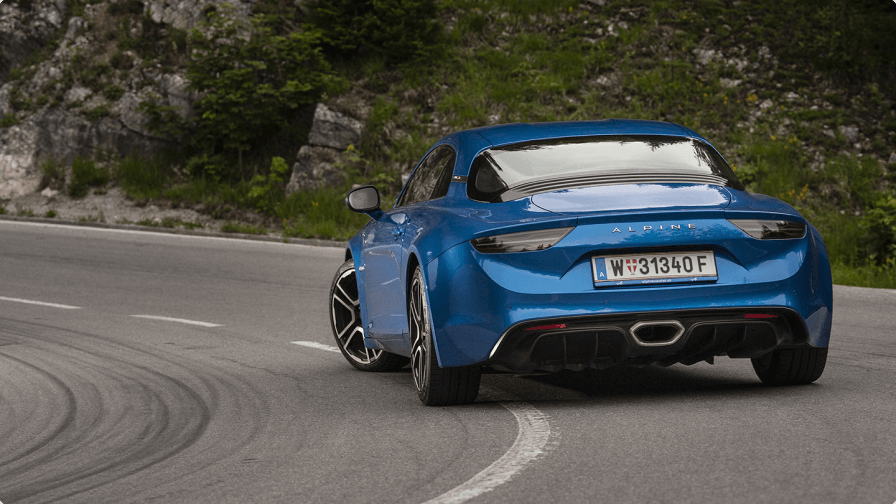How it works
Enter your reg and mileage
Enter your registration and we'll find your vehicle, simply confirm we've found the right one and enter your mileage.
Enter your details
Complete our short form with a little about you, so we can easily provide your valuation.
Get your valuation
Get your guide price of what you can get for your vehicle, subject to our usual terms detailed below.
How do we calculate the value of your vehicle?
Swansway’s vehicle valuation tool will check your vehicle against the current market value and let you know what you can expect for your car or van in a few seconds.
Our car value checker is powered by CAP HPI, who have an extremely extensive database of real time car values from across the UK, so you can trust that the value you’ll receive is a true representation of what your vehicle is worth.
Factors that affect the value of your vehicle:
- Age of the vehicle
- Trim level or specification
- Mileage
- Condition of the vehicle
- Any modifications made, if applicable

Why should you value your vehicle?
Whether you’re looking to part-exchange your current vehicle or you’re just feeling a bit curious as to what your current vehicle could be worth.
Our vehicle value checker will give you a brilliant idea of what you could get for your vehicle, helping you budget for your next one or even just giving you a bit of extra cash if you don’t need it any more.
Everything you need to know about part-exchanging your car
Part exchanging your old vehicle can help you manage the cost of a new car. This guide explains the key benefits and all the information you need.
Are you thinking about buying a new vehicle? If you already have a car, then you might want to consider trading it in; a part exchange can ensure that your new vehicle purchase is more budget friendly while simplifying the process of getting rid of an older vehicle that you no longer need.
What Is Part Exchange?
Many car dealers provide you with the option of exploring a part exchange when you buy a new car. With this possibility, you trade in your existing vehicle and use it as value against the new car that you want to purchase, thus lowering the purchase price.
How Does It Work?
Part exchange will usually be mentioned as an option when you first meet with a car dealer. They will ask whether you have an older car that you are interested in selling. Usually, they will explain how a part exchange process will work. If you do have a vehicle you want to sell to take money off a new car purchase, the car dealer will complete a thorough inspection of your vehicle. They’ll then tell you exactly how much your part exchange is worth.
For instance, your new car purchase price might be £20,000 and you could have an old car that is valued at £5,000 by your dealer. If you decide to part exchange, then you would give the car dealer your old vehicle and only have £15,000 remaining to pay for your new one.
What Are The Key Benefits Of Part Exchanging?
There are numerous benefits of part exchanging your vehicle. The main advantage is that the process of selling your used car is far easier.
Selling an older car can be time consuming and stressful. You’ll often need to deal with buyers that seem interested and then leave you hanging. If you are keen to sell your car quickly, then a part exchange will be the right decision for you.
You may also find that you get more from a part exchange compared with selling your car for cash. A dealer will often encourage you to complete a part exchange by offering you a deal that does provide you with the right level of value that you need.
In some cases you can even part exchange a vehicle that is no longer driveable and needs a lot of expensive repairs. A dealer will often buy a car like this if they are interested in salvaging the parts. This can be just as financially beneficial for them as investing in a car that they will be able to sell on to a new buyer.
Vehicle Part Exchange FAQ
Know your vehicle valuation? Browse our used car stock
Check out our used stock